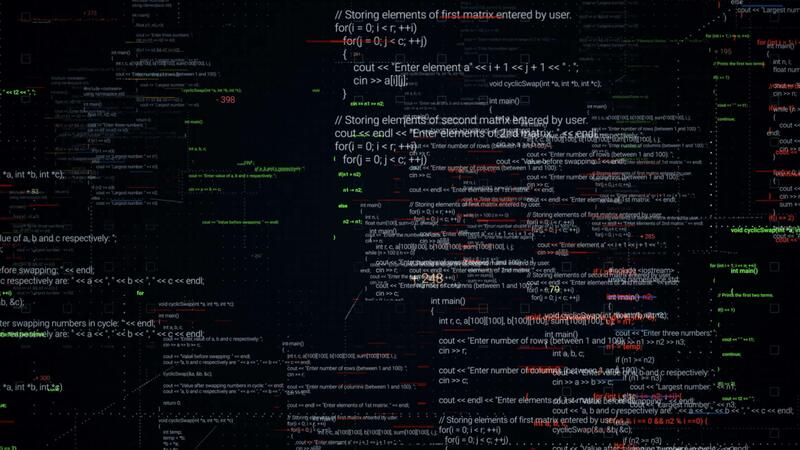NHS Data Breach 2025: A Critical Examination of Healthcare Cybersecurity Failures
In March 2025, the National Health Service suffered one of the most significant healthcare data breaches in UK history, compromising the sensitive medical records of approximately 1.8 million patients across 32 NHS trusts. This sophisticated cyber attack not only exposed highly sensitive health information but also disrupted critical healthcare services, highlighting systemic vulnerabilities in the UK's healthcare cybersecurity infrastructure.

The Attack Timeline: A Detailed Chronology
Initial Compromise (12 February 2025)
The attack began with a highly targeted spear-phishing campaign against administrative staff at three major NHS trusts. Attackers impersonated NHS Digital officials, sending emails requesting urgent verification of credentials due to "system upgrades." These emails contained malicious links that installed keylogger malware on vulnerable endpoints.
Lateral Movement (13-25 February 2025)
Over two weeks, attackers used compromised credentials to move laterally across NHS networks, exploiting unpatched vulnerabilities in legacy systems. They specifically targeted the Spine system, which holds patient demographic information, and the Summary Care Record application, gaining access to sensitive medical data.
Data Exfiltration (26 February - 3 March 2025)
The attackers exfiltrated data over encrypted channels during off-peak hours to avoid detection. The stolen information included:
- Personal identifiers (names, addresses, NHS numbers)
- Medical histories and treatment records
- Mental health and sensitive health data
- Prescription information and test results
Impact Assessment: Consequences of the Breach
Immediate Service Disruption
The breach caused significant operational disruption across affected trusts:
- Elective appointments cancelled at 12 major hospitals
- Emergency departments forced to use paper-based systems for 72 hours
- Delays in accessing critical patient information during procedures
- Temporary suspension of electronic prescription services
Financial Implications
Initial estimates suggest the breach will cost the NHS approximately £78-112 million in:
- Incident response and system remediation
- Regulatory fines under GDPR and the Data Protection Act 2018
- Patient notification and credit monitoring services
- Operational losses from service disruptions
"This breach represents a catastrophic failure in healthcare cybersecurity. The NHS holds some of the most sensitive personal data imaginable, and this incident demonstrates the urgent need for fundamental reform in how we protect health information in the digital age."
— Dr. Eleanor Vance, Cybersecurity Specialist at Imperial College Healthcare NHS Trust
Technical Analysis of Security Failures
System Vulnerabilities Exploited
The attackers capitalised on several critical security weaknesses:
- Legacy Systems: Outdated Windows Server 2012 instances with known vulnerabilities
- Insufficient Network Segmentation: Flat network architecture allowing lateral movement
- Weak Access Controls: Overprivileged service accounts with domain-wide access
- Inadequate Monitoring: Limited security information and event management (SIEM) coverage
Human Factor Exploitation
The attack highlighted significant human security vulnerabilities:
- Insufficient cybersecurity awareness training for administrative staff
- Lack of phishing simulation exercises across the organisation
- Absence of mandatory multi-factor authentication for remote access
- Inconsistent security policies across different NHS trusts
Regulatory Response and Investigation
The Information Commissioner's Office (ICO) has launched a comprehensive investigation into the breach, which could result in fines of up to £17.5 million or 4% of global turnover under GDPR. The National Cyber Security Centre (NCSC) is providing technical assistance to affected trusts, while NHS England has established a dedicated incident response team to coordinate recovery efforts.
Essential Protective Measures for Healthcare Organisations
Critical Security Recommendations
Comprehensive Staff Training
Implement mandatory, regular cybersecurity awareness training for all staff, with specialised programmes for administrative personnel handling sensitive data. Conduct quarterly phishing simulation exercises to reinforce learning.
Enhanced Access Controls
Implement role-based access control (RBAC) with strict principle of least privilege. Enforce multi-factor authentication for all system access, particularly for remote connections and privileged accounts.
Advanced Threat Protection
Deploy endpoint detection and response (EDR) solutions across all systems. Implement robust security information and event management (SIEM) with 24/7 monitoring capabilities.
Strategic Recommendations for Healthcare Security
Technical Implementation
- Data Encryption: Implement end-to-end encryption for all patient data, both at rest and in transit
- Network Segmentation: Create isolated network zones for sensitive systems with strict access controls
- System Hardening: Regularly patch and update all systems, with priority given to internet-facing applications
- Backup Strategy: Implement robust, tested backup procedures with offline storage options
Organisational Measures
- Incident Response Planning: Develop and regularly test comprehensive incident response plans
- Third-Party Risk Management: Conduct rigorous security assessments of all suppliers and partners
- Regular Auditing: Implement continuous security monitoring and annual penetration testing
- Executive Accountability: Establish clear cybersecurity governance with board-level oversight
The Future of Healthcare Cybersecurity in the UK
The 2025 NHS data breach represents a watershed moment for healthcare cybersecurity in the United Kingdom. This incident has exposed critical vulnerabilities in the nation's healthcare infrastructure and highlighted the urgent need for comprehensive reform.
Moving forward, several key priorities emerge:
- Accelerated modernisation of legacy systems across the NHS estate
- Substantial investment in cybersecurity capabilities and trained personnel
- Development of standardised security frameworks across all healthcare providers
- Enhanced collaboration between NHS organisations, government agencies, and cybersecurity experts
This breach serves as a stark reminder that healthcare organisations remain prime targets for cybercriminals due to the extremely sensitive nature of the data they hold. Protecting this information requires a fundamental shift in approach, combining technological solutions with organisational commitment and ongoing vigilance. The lessons from this incident must drive meaningful change to ensure the security and integrity of the UK's healthcare system for years to come.


